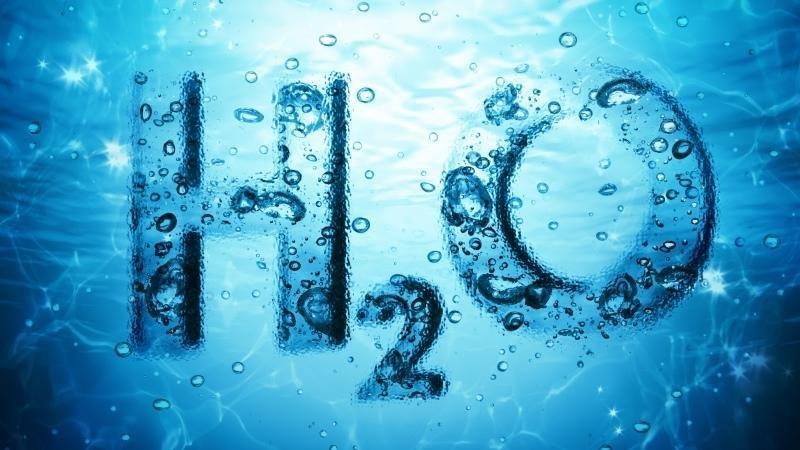News
Global Water Withdrawals ‘Have Doubled’ Since the 60s
Water crises around the world are becoming more commonplace, with new research from the World Resources Institute revealing that water withdrawals globally have more than doubled since the 60s in the face of increasing demand.
Right now, 17 countries – making up a quarter of the world’s population – are facing extremely high levels of baseline water stress, with cities, industries and irrigated agriculture withdrawing over 80 per cent of their available supply on average annually.
A narrow gap between supply and demand will leave nations vulnerable to problems like increased water withdrawals and droughts, which is why crises like the Cape Town Day Zero situation are becoming more commonplace.
Last year, Cape Town succeeded in avoiding their Day Zero water shut-off and the year before, Rome was forced to ration water in order to conserve scarce resources. And in Chenna at the moment, reservoirs in the city – the sixth biggest in India – are nearly dry.
The most water-stressed region on earth is the Middle East and North Africa region, where 12 out of the 17 most water-stressed nations can be found. Because the area is so hot and dry naturally, water supplies are low anyway but increased demand has pushed countries into even further stress.
However, there are opportunities in this part of the world to support water security, given the fact that 82 per cent of the wastewater in the region is not currently reused. But steps are being taken in this regard, with Oman – number 16 on the list of water-stressed nations – treating 100 per cent of its collected wastewater and reusing 78 per cent of it.
Ways to reduce water stress include increasing agricultural efficiency, investing in grey and green infrastructure and treating, reusing and recycling wastewater.
“The data is clear: There are undeniably worrying trends in water. But by taking action now and investing in better management, we can solve water issues for the good of people, economies and the planet,” it was observed.
Although the UK appears in the National Water Stress Rankings rundown in the low-medium baseline water stress category, steps must still be taken to protect our water supplies for future generations.
The government has just launched a new campaign as part of its Year of Green Action scheme, calling on members of the public to do all they can to safeguard water resources.
The Love Water campaign will see initiatives take place such as beach and river clean-ups and water-saving projects, while raising awareness of how important water is and the role that everyone has to play in protecting it.
For businesses, that could mean anything from rainwater harvesting and automated meter reading to talking to water conservation consultants to find out how best they can go about saving water on site.
